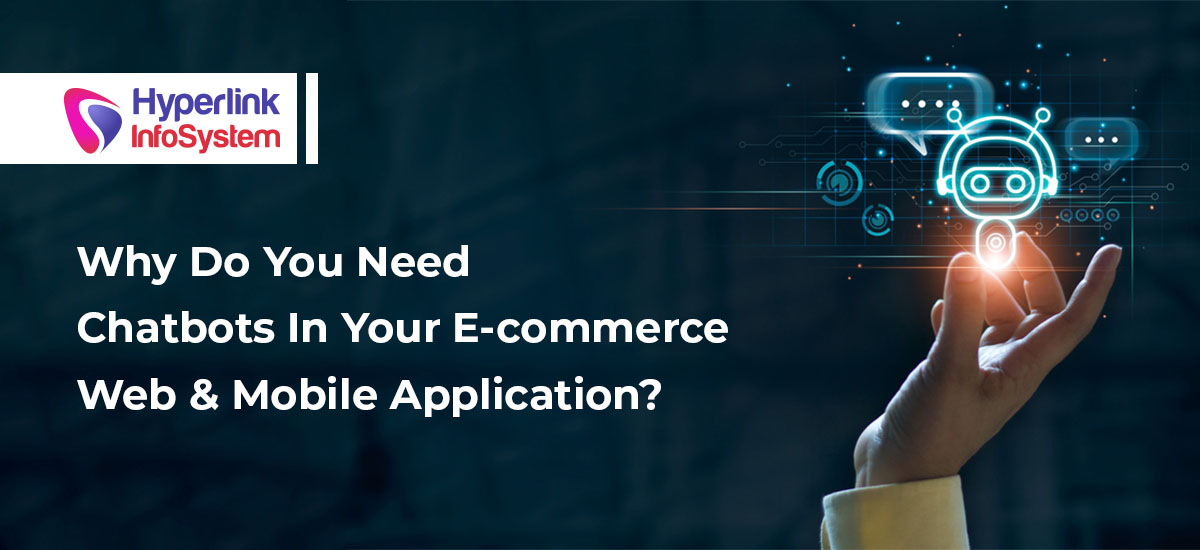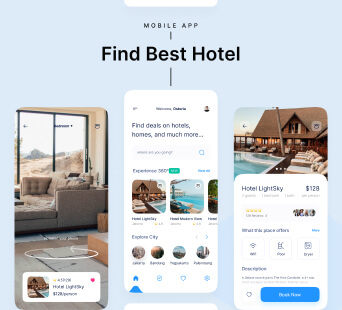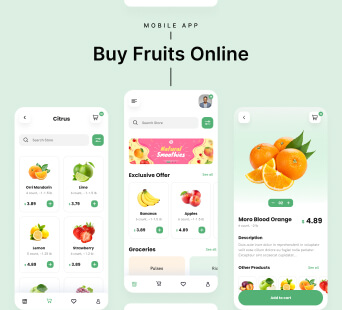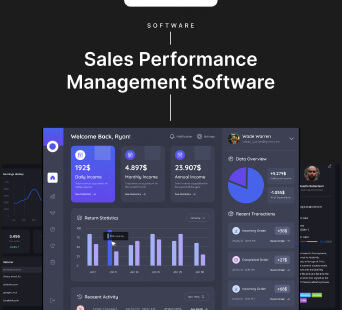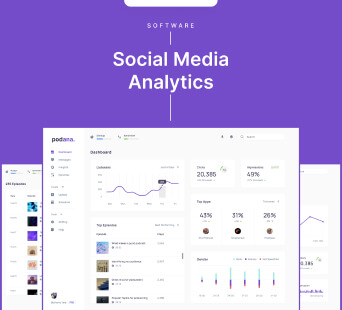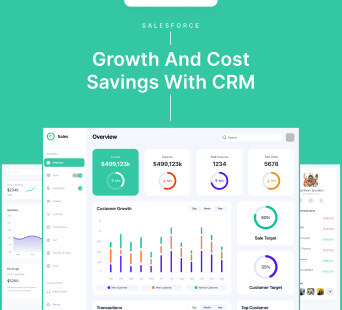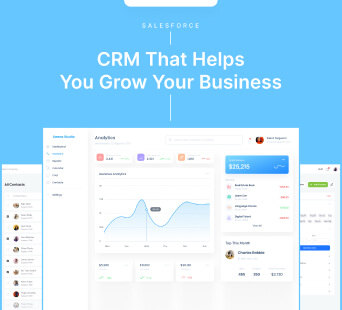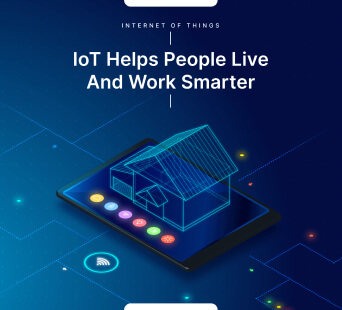The chatbot, like a tenacious human sales assistant, addresses the customer's questions about a potential purchase. It responds to frequently asked questions and follow-up queries that bring up user evaluations and does whatever else is necessary to persuade the buyer to make a purchase. Chatbots for e-commerce platforms and industries may also upsell and cross-sell relevant products.
There is no one-size-fits-all approach to online purchasing and want it to be efficient and productive. There are several channels via which you may sell your items, just as there are numerous methods to make an online purchase – apps, email, and social media. Customers may become confused by the numerous alternatives if there isn't a single clear path to enterprises.
What Is a Sales Assistant That Is Based on Artificial Intelligence or Also Called the Virtual Assistant?
Yes, you are right, they are called chatbots.
To know deeper, What are chatbots?
A chatbot is computer software that replicates human-to-human dialogue to perform a task.
Chatbots for e-commerce businesses are generally built to:
- Complete customers' orders
- Make product suggestions to customers.
- Supply assistance to customers.
Even with this list of potential and capabilities, it's impossible to foresee how online merchants will employ chatbots because the technology is still in its infancy.
The chatbot can either refer the consumer to a third-party payment gateway or finish the transaction as part of the conversational flow.
The customized service provided by E-Commerce chatbots, together with the simplicity of navigation, selection, and transaction, considerably improves customer experience and leads to a good view of the online retailer as a digitally aware customer-first company.
Chatbots are transforming the e-commerce industry and enabling merchants to provide better purchasing experiences. AI chatbots are exploding in popularity in the corporate sector. According to Global Mobile Application Market and Industry Insights, the global chatbot market would be worth more than $1.3 billion by 2024. Chatbots simplify a broad matrix of complicated interactions and move business ahead as part of a larger transformation to automate business processes and technologies that support customer care in the e-commerce industry.
The Benefits of AI-Based Chatbots:
1. Personalization
Chatbots may also be used to collect information about your visitors so that better product suggestions and recommendations can be made. You may customize product pages and establish client loyalty and affinity by understanding consumer inquiries, requirements, and preferences. Furthermore, chatbots may alert clients when an item is out of stock and provide suitable alternative goods based on their preferences, as well as tell them of their estimated delivery date and time.
2. 24×7 Support
Customers nowadays expect firms to remain open and be available 24 hours a day, seven days a week. While having 24-hour customer support personnel is an (expensive) option, using chatbots, you can avoid that cost while still ensuring that your clients are served instantly — regardless of the time of day. Providing client service 24 hours a day, seven days a week is a fantastic approach to assure customer happiness.
3. Reduction of Costs
Using chatbots to handle the majority (if not all) of your customer support operations may save you a lot of money on your customer service crew. Chatbots provide efficient customer service with less human intervention, allowing you to focus on more important areas of your e-commerce website development, such as page layout and checkout. With modest resource expenses, you may also substantially minimize human error and enable effective customer support.
4. Guidance in Product
Visitors to e-commerce sites frequently become lost in the maze of millions of goods. Customers may use chatbots to identify the precise product they're looking for in a large catalog and proceed directly to the checkout page, or to learn about current deals. Chatbots may advise customers and enable them to make purchases on the fly by delivering responses or recommendations to particular consumer inquiries.
5. Recovery of the Cart
An abandoned cart, contrary to popular thought, may be a tremendous source of cash. Users can be reminded of products in their abandoned shopping carts by chatbots, who can then ask if they want to proceed to checkout or clear their basket. Most of the time, such reminders encourage buyers to return to their basket and purchase some, if not all, of the goods in it.
After looking at the benefits of the chatbots we look forward to the application and experience of the chatbots:
1) Protecting the Customer Privacy
Because every consumer values his or her privacy, never allow the chatbot to become too obtrusive. Allow it to communicate only when you specifically want it to. Also, because consumers may share a lot of personal and private information with the chatbot, ensure that that data is safe and secure and that their privacy is secured at all times and at any cost.
2) Integrated and Deep Artificial Intelligence
Because chatbots are expected to respond to all conceivable client questions, ensure you are properly equipped and educated. When you fully integrate Artificial Intelligence development into your chatbot, it will be able to identify and offer accurate information to your consumers. If a change occurs while your chatbot is doing a job, the client may be notified to provide total transparency.
3) Priority to the Response to the Customer
Chatbots are designed to deliver real-time customer assistance, make sure they're quick to respond and relevant. Customers should not be kept waiting. When clients communicate with chatbots, the chatbots should be able to comprehend their concerns and provide timely recommendations or answers. Ensure that the chatbots offer simple alternatives and straightforward information that prompts clients to take action.
Many companies have become more personable and approachable to customers thanks to chatbots. These bots are personalized in that they remember clients' preferences and are available 24 hours a day, seven days a week. As long as businesses acknowledge that bots are technology rather than human people, this technology may be a surprisingly personal and beneficial method to engage with customers.
